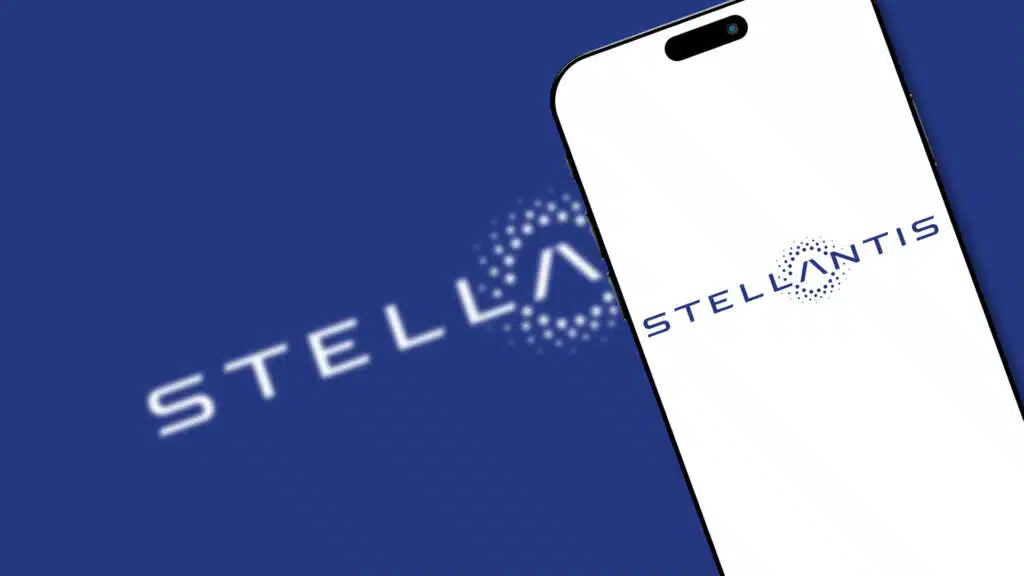Analyst(s): Olivier Blanchard
Publication Date: April 9, 2025
MediaTek has launched its most advanced Chromebook processor, the Kompanio Ultra. Built on a 3nm process, it is designed to deliver 50 TOPS of on-device AI power, high single-threaded CPU performance, and best-in-class energy efficiency. The chip is purpose-built for Chromebook Plus devices and offers capabilities including multi-display support, real-time AI computing, and Wi-Fi 7 connectivity.
What is Covered in this Article:
- MediaTek introduces Kompanio Ultra with 50 TOPS of AI processing for Chromebooks
- Features Arm Cortex-X925 CPU, built on advanced 3nm process with all-big-core architecture
- Enables multi-display 4K setups, immersive multimedia, and fanless Chromebook designs
- Leverages MediaTek’s 8th-gen NPU and LPDDR5X support for real-time AI workflows
- Enhances strategic alignment with Google and expands MediaTek’s edge AI portfolio
The News: MediaTek announced the launch of the Kompanio Ultra, a flagship-grade processor for Chromebook Plus devices built to deliver high-performance computing and generative AI capabilities directly on-device. The chip integrates a powerful 8th-gen NPU offering up to 50 TOPS AI performance, supports raytracing via an 11-core GPU, and leverages a Cortex-X925 CPU on a 3nm process for best-in-class power efficiency and multitasking.
Chromebooks powered by the Kompanio Ultra will feature enhanced AI workflows, multi-monitor support with up to three 4K displays, and ultra-fast Wi-Fi 7 and Bluetooth 6.0 connectivity. These capabilities aim to redefine the user experience in AI-enabled productivity, multimedia, and cloud applications.
Can MediaTek’s Kompanio Ultra Set the Standard for AI-Driven Chromebooks?
Analyst Take: MediaTek’s Kompanio Ultra fits MediaTek’s expansion beyond smartphones and traditional IOT categories well. More specifically, while the processor itself is a technical showcase of MediaTek’s latest capabilities in AI, CPU, and GPU performance, its broader importance lies in how it supports MediaTek’s effort to solidify its place in the edge AI computing market, where it has already built a solid business in the Chromebook category. With Chromebooks again gaining momentum across education and productivity segments, this product launch underlines MediaTek’s opportunity to compete in the AI devices category and set itself apart from other Arm-based chipmakers in that space.
A Fully Integrated AI Compute Platform for Chromebooks
The Kompanio Ultra combines MediaTek’s latest hardware components – including the Cortex-X925 CPU (up to 3.62GHz), LPDDR5X-8533 memory, and an 8th-gen NPU capable of 50 TOPS – into a single platform for running AI workloads locally. The chip supports speculative execution for large language models, multi-modal processing, and long content generation, allowing it to handle a broad set of generative AI tasks without requiring cloud access. While these features significantly expand the range of use cases possible on a Chromebook, their real-world impact will depend on how effectively software and OEM ecosystems adapt to utilize the platform’s full capabilities.
A noteworthy highlight here is that 50 TOPS on the NPU spec comes in a bit higher than competitor Qualcomm’s 45 TOPS on the Snapdragon X platform, which formed the foundation for Windows Copilot+ AI PCs. And while not all TOPS are created equal, and we caution that over-indexing on TOPS can lead to erroneous conclusions about overall system performance, the fact that MediaTek’s Kompanio Ultra delivers 50 TOPS on the NPU feels a bit like a shot across Qualcomm and Intel’s bows, as well as a clear signal to the Windows ecosystem that Chromebooks are back, and perhaps more relevant than ever in the age of AI devices.
Delivering Power Efficiency Without Performance Trade-Offs
One of the standout features of the Kompanio Ultra is its ability to deliver flagship-class performance within a tight thermal and energy envelope. Built on TSMC’s 3nm process and engineered with MediaTek’s large on-chip cache design and dynamic power control, the chip maximizes output per milliwatt. These efficiencies are significant in the Chromebook form factor, which often prioritizes quiet, fanless designs and long battery life. MediaTek’s ability to support high-throughput AI processing, 4K multi-display setups, and advanced raytraced graphics – all within fanless systems – demonstrates the platform’s architectural balance.
Strengthening a Strategic Pivot Beyond Smartphones
Kompanio Ultra represents a key marker in MediaTek’s pivot to grow its non-smartphone business. The company is expected to grow its share of revenue from non-phone chips by FY 2027, compared to 43% in FY 2024. The launch follows strong earnings, with mobile still contributing 59% of Q4 FY 2024 revenue. Still, management confirmed that edge AI, AI PCs, and ASIC partnerships – especially with Nvidia and Google – are central revenue growth in FY 2026. The Kompanio Ultra aligns with this direction, reflecting MediaTek’s shift toward high-margin categories like AI client computing and reinforcing the company’s long-term bet on local AI inference at the device level.
What to Watch:
- Migrating advanced AI workloads to Chromebooks requires strong developer and OEM ecosystem support to realize Kompanio Ultra’s potential.
- MediaTek’s ability to sustain 3nm process yields and LPDDR5X component availability could directly impact device-level performance and cost efficiency.
- The pace of AI Chromebook adoption will depend on Google’s positioning in the education and productivity verticals, where price sensitivity and feature utility vary.
- MediaTek’s broader edge AI strategy – including future ASICs and data center accelerator chips – will determine how successfully it can expand beyond mobile.
The complete press release on the launch of the MediaTek Kompanio Ultra processor for Chromebooks is on the MediaTek website.
Disclosure: The Futurum Group is a research and advisory firm that engages or has engaged in research, analysis, and advisory services with many technology companies, including those mentioned in this article. The author does not hold any equity positions with any company mentioned in this article.
Analysis and opinions expressed herein are specific to the analyst individually and data and other information that might have been provided for validation, not those of The Futurum Group as a whole.
Other insights from The Futurum Group:
NVIDIA & MediaTek Getting Into AI PCs?
AMD, NVIDIA & MediaTek, and Tesla – A Recap from The Six Five Webcast
Talking Lenovo, Intel & TSMC & Broadcom, Groq, and More
Image Credit: MediaTek
Author Information
Olivier Blanchard is Research Director, Intelligent Devices. He covers edge semiconductors and intelligent AI-capable devices for Futurum. In addition to having co-authored several books about digital transformation and AI with Futurum Group CEO Daniel Newman, Blanchard brings considerable experience demystifying new and emerging technologies, advising clients on how best to future-proof their organizations, and helping maximize the positive impacts of technology disruption while mitigating their potentially negative effects. Follow his extended analysis on X and LinkedIn.







